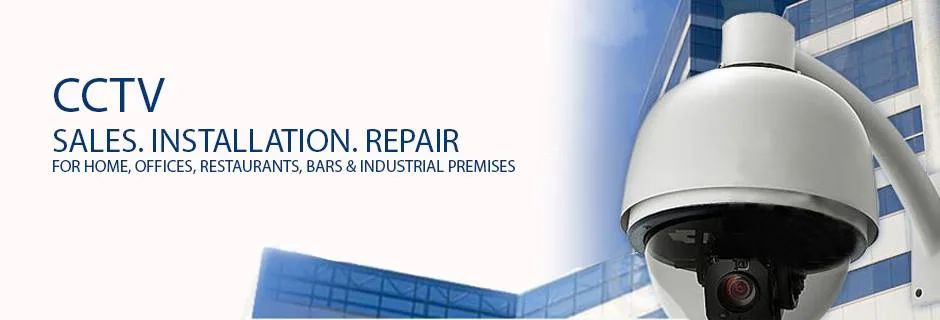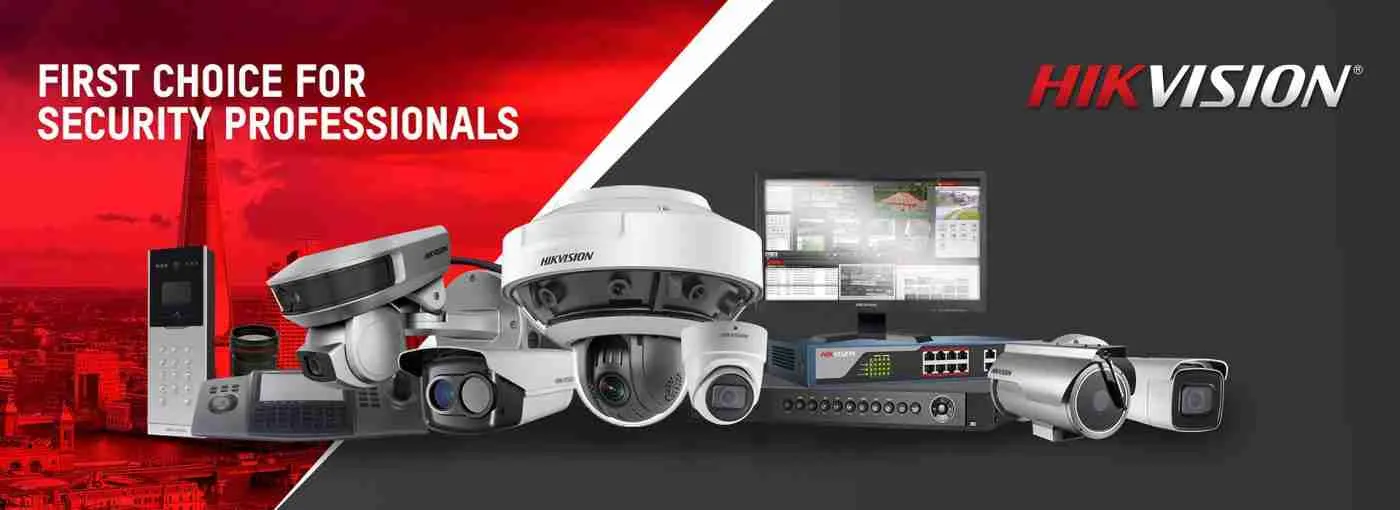Secure Your Property with Expert CCTV Cameras and Installation Services
Are you concerned about the security of your property? Protecting your assets and securing your space is of utmost importance. One effective way to enhance security is by installing CCTV cameras. These surveillance systems provide a reliable way to monitor and deter potential threats. If you’re looking for expert CCTV camera and installation services, look no further. Our team of professionals specializes in installing state-of-the-art CCTV systems to safeguard your property.
With our extensive experience, we understand the unique security challenges that property owners face. Our brand voice prioritizes trust, expertise, and professionalism. We ensure that every installation is carried out with precision and attention to detail. Our technicians are highly skilled and equipped with the latest tools and technology to provide seamless installation that meets your specific needs.
By availing our CCTV cameras and installation services, you can gain peace of mind knowing that your property is under constant watch. Enhance the security of your home or business and deter potential threats with our reliable and efficient surveillance systems. Don’t compromise on the safety of your property. Choose our expert CCTV cameras and installation services today.
The importance of CCTV cameras and installation
Installing CCTV cameras is a crucial step in securing your property. With an increasing number of crimes and security breaches, it is essential to take proactive measures to protect your assets. CCTV cameras act as a powerful deterrent, as potential intruders are less likely to target properties with visible surveillance systems. Additionally, in the unfortunate event of a crime, CCTV footage can provide valuable evidence for investigation and prosecution.
CCTV cameras not only help prevent criminal activities but also promote a sense of safety and security among residents, employees, and customers. Knowing that their surroundings are under constant surveillance can significantly reduce the fear of crime and increase the overall well-being of individuals within the property.
Moreover, CCTV cameras are not limited to security purposes alone. They can also be used to monitor employee productivity, ensure compliance with safety regulations, and resolve disputes or conflicts that may arise within the property. The presence of CCTV cameras can create a disciplined environment and foster accountability.
In summary, CCTV camera installation is crucial for enhancing property security, deterring potential threats, providing evidence in case of criminal activities, promoting a sense of safety, and facilitating surveillance for various purposes.
Benefits of professional CCTV cameras and installation services
While it may be tempting to install CCTV cameras on your own, opting for professional installation services offers numerous benefits. Professional installers possess the knowledge, experience, and technical expertise required to ensure a seamless and effective installation process.
First and foremost, professional installation ensures that the cameras are strategically positioned to maximize coverage and minimize blind spots. Expert installers carefully assess the property’s layout and security requirements to determine the most suitable camera locations. They consider factors such as entry points, vulnerable areas, lighting conditions, and camera angles to provide comprehensive surveillance coverage.
Professional installation also ensures that the cameras are properly connected to a centralized monitoring system. This allows for real-time monitoring and recording of footage, enabling quick response to potential threats. Additionally, professional installers can integrate the CCTV system with other security features such as alarms, access control systems, and motion sensors to create a comprehensive security solution.
Furthermore, professional installers can provide guidance on the selection of the most appropriate CCTV cameras for your property. They are familiar with the latest camera technologies and can recommend cameras with advanced features such as high resolution, night vision, motion detection, and remote access capabilities. This ensures that you invest in cameras that meet your specific security needs and provide optimal performance.
In summary, professional CCTV cameras and installation services offer the advantage of strategic camera placement, seamless integration with other security systems, expert guidance on camera selection, and overall peace of mind.
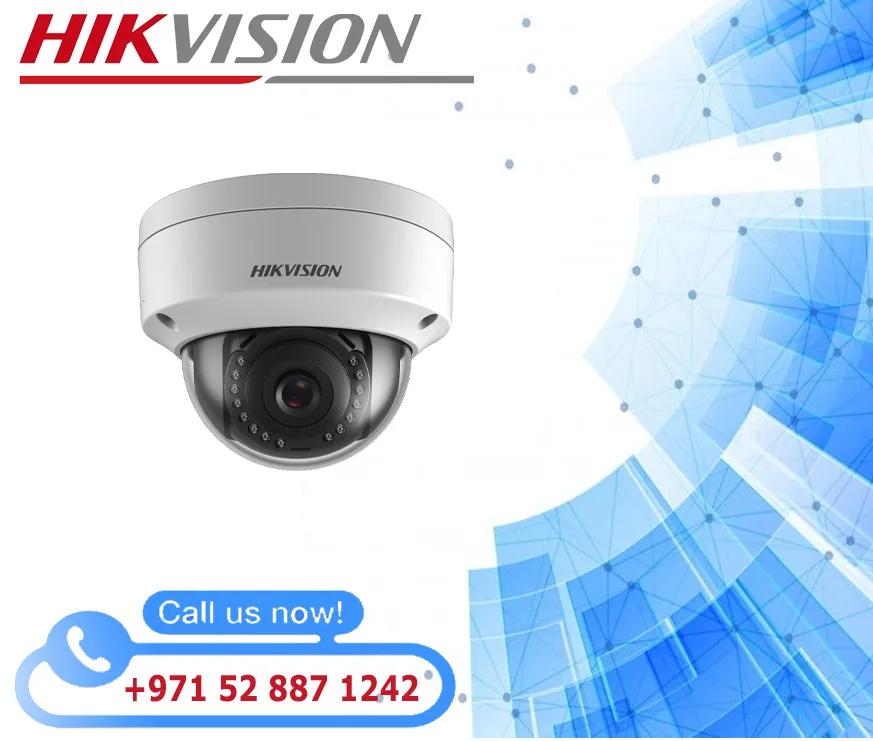
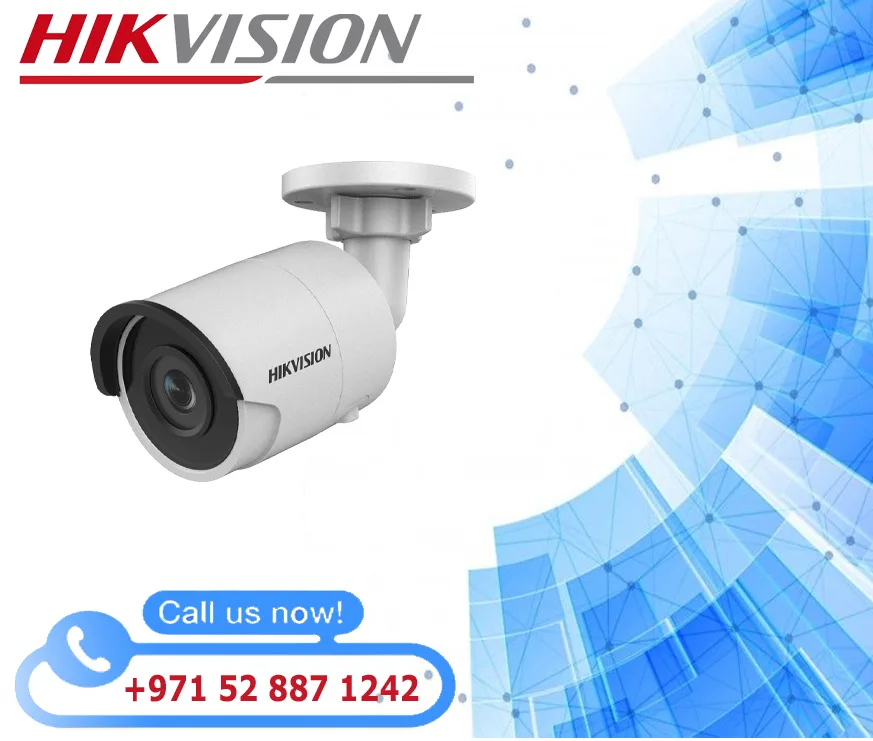
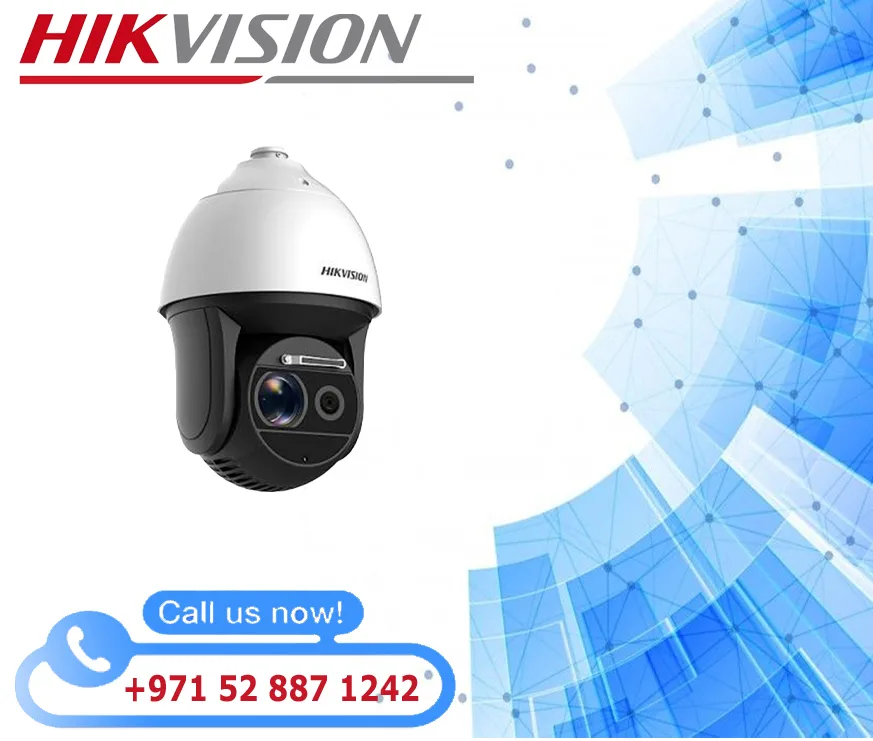
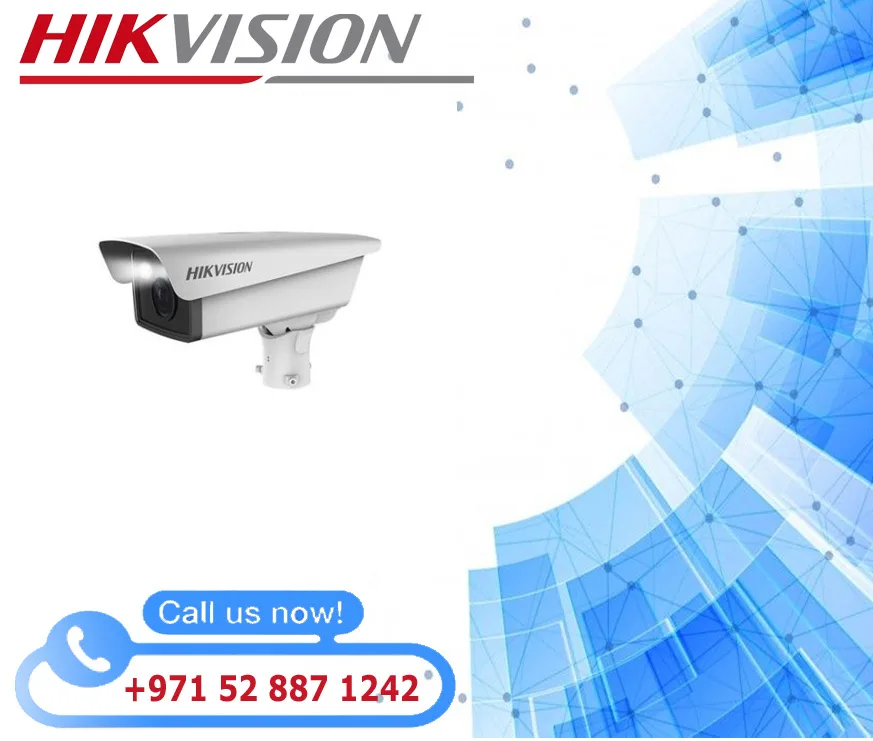
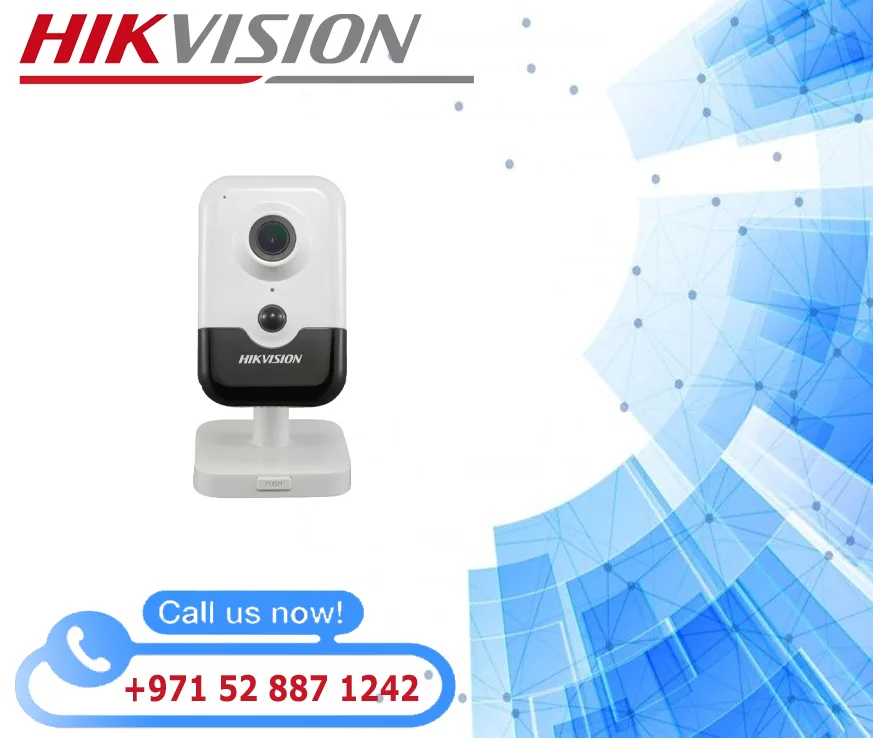
Types of CCTV cameras for property security
When it comes to CCTV cameras and installation, it is essential to choose the right type of cameras for your property’s security needs. There are various types of CCTV cameras available, each designed for specific purposes and environments. Understanding the different types can help you make an informed decision and ensure optimal surveillance coverage.
1. Dome Cameras: Dome cameras are named after their dome-shaped enclosures. They are versatile and can be used in both indoor and outdoor settings. Dome cameras are popular due to their discreet design, which makes it difficult for potential intruders to determine the direction in which the camera is facing. They are ideal for monitoring large areas and can be mounted on ceilings or walls.
2. Bullet Cameras: Bullet cameras are long and cylindrical in shape, resembling a bullet. They are commonly used in outdoor environments and have a weatherproof design to withstand harsh weather conditions. Bullet cameras are visible and serve as a deterrent due to their prominent presence. They are suitable for monitoring specific areas and provide long-range coverage.
3. PTZ Cameras: PTZ (Pan-Tilt-Zoom) cameras offer the flexibility of remote control. They can pan (rotate horizontally), tilt (rotate vertically), and zoom in or out to focus on specific areas of interest. PTZ cameras are often used in large properties or areas that require active monitoring and tracking of subjects. They can be operated manually or set to automatically track movements.
4. Thermal Cameras: Thermal cameras use heat signatures to detect objects and individuals. They are effective in low-light conditions and can provide clear imaging even in complete darkness. Thermal cameras are commonly used in areas where traditional cameras may not be sufficient, such as perimeter surveillance or monitoring outdoor spaces with limited lighting.
5. Wireless Cameras: Wireless cameras eliminate the need for extensive wiring and offer flexibility in installation. They rely on wireless technology to transmit video signals to a central monitoring system. Wireless cameras are suitable for properties where wiring is challenging or not feasible. However, they may be susceptible to signal interference and require a stable and secure network connection.
It is important to consult with a professional CCTV cameras and installation service provider to determine the most appropriate camera types for your property. They can assess your security requirements, property layout, and environmental conditions to recommend the cameras that best suit your needs.
Factors to consider before installing CCTV cameras
Before proceeding with CCTV cameras and installation, several factors should be taken into consideration to ensure an effective and efficient surveillance system.
1. Security Needs: Determine your specific security needs and objectives. Identify the areas that require surveillance coverage and the level of monitoring required. This will help you determine the number and type of cameras needed.
2. Property Layout: Assess the layout and structure of your property. Identify potential entry points, vulnerable areas, blind spots, and areas where surveillance coverage is essential. Consider the distance between camera locations and the central monitoring system to determine the feasibility of wired or wireless installations.
3. Lighting Conditions: Evaluate the lighting conditions within and around your property. Determine areas with low-light or no-light conditions that may require cameras with night vision capabilities. Additionally, consider areas with excessive glare or backlighting, as these may affect the quality of the footage.
4. Legal Considerations: Familiarize yourself with local laws and regulations regarding CCTV cameras and installation and usage. Ensure compliance with privacy laws and obtain any necessary permits or permissions required for installation.
5. Budget: Set a budget for your CCTV cameras and installation project. Consider the cost of cameras, installation services, additional equipment (such as monitors and storage devices), and ongoing maintenance expenses. It is important to strike a balance between your security needs and budget limitations.
By carefully considering these factors, you can ensure that your CCTV cameras and installation meets your specific security requirements and provides optimal surveillance coverage.
The process of CCTV cameras and installation
Professional CCTV cameras and installation follows a systematic process to ensure a seamless and effective implementation. Here is an overview of the typical installation process:
1. Site Assessment: A professional installer visits your property to assess its layout, security needs, and camera placement options. They determine the number and type of cameras required, identify potential challenges, and develop an installation plan.
2. Camera Placement: Based on the site assessment, the installer strategically positions the cameras to provide optimal coverage. They consider factors such as entry points, blind spots, lighting conditions, and camera angles. They ensure that the cameras are discreetly installed to deter potential intruders.
3. Wiring and Connectivity: If wired cameras are being installed, the installer lays the necessary cables and wires to connect the cameras to the central monitoring system. They ensure that the wiring is concealed and protected to maintain the aesthetics of the property.
4. Mounting and Installation: The installer mounts the cameras securely on walls, ceilings, or other suitable surfaces. They ensure that the cameras are aligned correctly, leveled, and adjusted for optimal viewing angles. They also connect the cameras to power sources and test their functionality.
5. Central Monitoring System Setup: The installer sets up the central monitoring system, which includes connecting the cameras to a recording device, such as a digital video recorder (DVR) or a network video recorder (NVR). They configure the system settings, including camera views, recording schedules, and motion detection settings.
6. Integration with Other Systems: If required, the installer integrates the CCTV system with other security features, such as alarms, access control systems, or mobile apps for remote monitoring. This ensures a comprehensive and unified security solution.
7. Testing and Calibration: The installer performs thorough testing to ensure that all cameras are functioning properly and providing clear and high-quality footage. They adjust settings, focus, and angles as needed to optimize the performance of the cameras.
8. User Training and Handover: The installer provides training to the property owner or designated personnel on how to operate and manage the CCTV system. They explain the system’s features, navigation, and troubleshooting steps. They also hand over any relevant documentation, including user manuals and warranty information.
By following this systematic installation process, professional installers ensure that your CCTV cameras are installed correctly, function optimally, and provide reliable surveillance coverage.
Cost of professional CCTV cameras and installation services
The cost of professional CCTV cameras and installation services can vary depending on several factors, including the size of the property, the number of cameras required, the complexity of the installation, and the specific features and technologies of the chosen cameras. It is recommended to obtain quotes from multiple providers to compare prices and services.
Typically, the cost of CCTV cameras and installation includes the following components:
1. Camera Cost: The cost of individual cameras depends on their type.
Conclusion: Enhancing your property security with expert CCTV cameras and installation
In today’s world, where crime rates are on the rise, it is crucial to take proactive measures to protect your property. Installing CCTV cameras is an excellent way to enhance security and deter potential threats. These surveillance systems act as a constant watchful eye, providing round-the-clock monitoring and peace of mind.
CCTV cameras serve as a deterrent to potential criminals, as the presence of surveillance systems can significantly reduce the likelihood of theft or vandalism. Additionally, in the unfortunate event of a crime occurring, CCTV footage can be invaluable in identifying culprits and providing evidence for legal proceedings.
